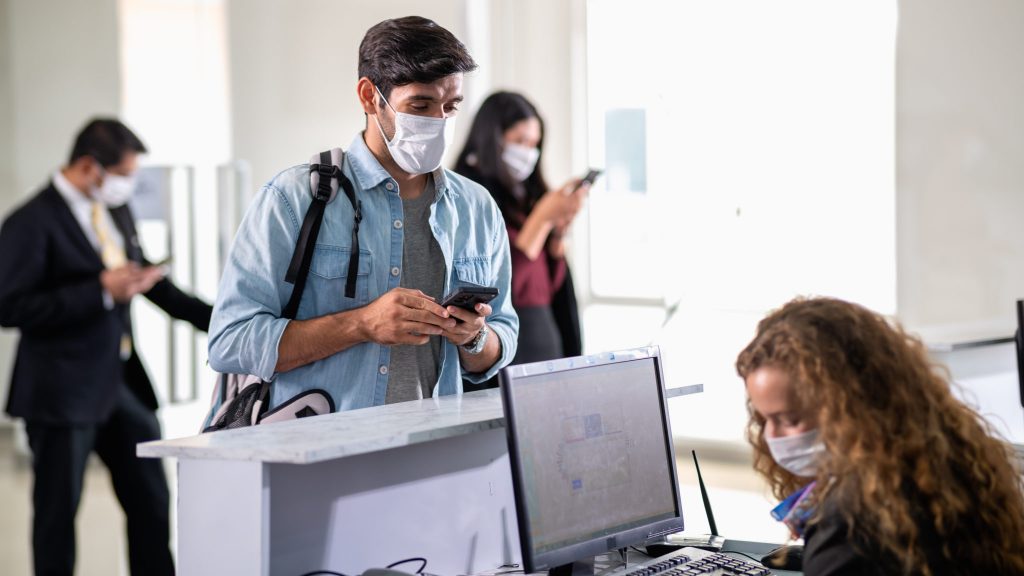COVID-19 certificates for international travel must be free, universally available and non-discriminatory. They must also be limited in time and use, the World Committee on Tourism Ethics has recommended.
As some countries work to welcome back visitors and restart tourism, the Committee met to assess the implications health certificates might have on tourism ethics. As an independent and impartial body of the General Assembly of the World Tourism Organization (UNWTO), it concluded that such certificates can be compatible with ethical tourism, though their use needs to be proportionate, measured and responsible.
The Committee members, drawn from tourism sector leadership, academia and international organizations, adopted the Recommendation on COVID-19 Certificates for International Travel, the product of a series of consultations with experts and stakeholders from around the world. Pascal Lamy, Chair of the Tourism Ethics Committee said: “We hope that this recommendation will provide a global ethical framework that will aid the much-needed recovery of tourism.”
Citing the principles of the Global Code of Ethics for Tourism and the related Framework Convention on Tourism Ethics, the Committee also recommended that “vaccines should not form part of vaccination holiday packages and must remain a global public good”.
The Committee recommends that any COVID-19 certificate for international travel would have to meet the following conditions:
1. The certificate should be a unique document, containing information on the vaccination status, and/or diagnostic (molecular, PCR and antigen) and/or information about recovery status;
2. The certificate should be limited in duration and its use should be discontinued as soon as the World Health Organization no longer considers COVID-19 a Public Health Emergency of International Concern (PHEIC);
3. The certificate should be used primarily for international mobility;
4. For a maximum accessibility, the certificate should be available both in digital and paper format;
5. The certificate must ensure, in both formats, data protection and security, as well as the privacy of
the holder. Said certificate must also provide a guarantee of authenticity to avoid fraud and misuses;
6. The certificate should be free of charge; international cooperation and governments should ensure the population’s wide access to free vaccines and affordable tests;
7. The provision of vaccines and related certificates at destination countries should not form part of package tours or other similar products nor should such initiatives be supported by governments.








